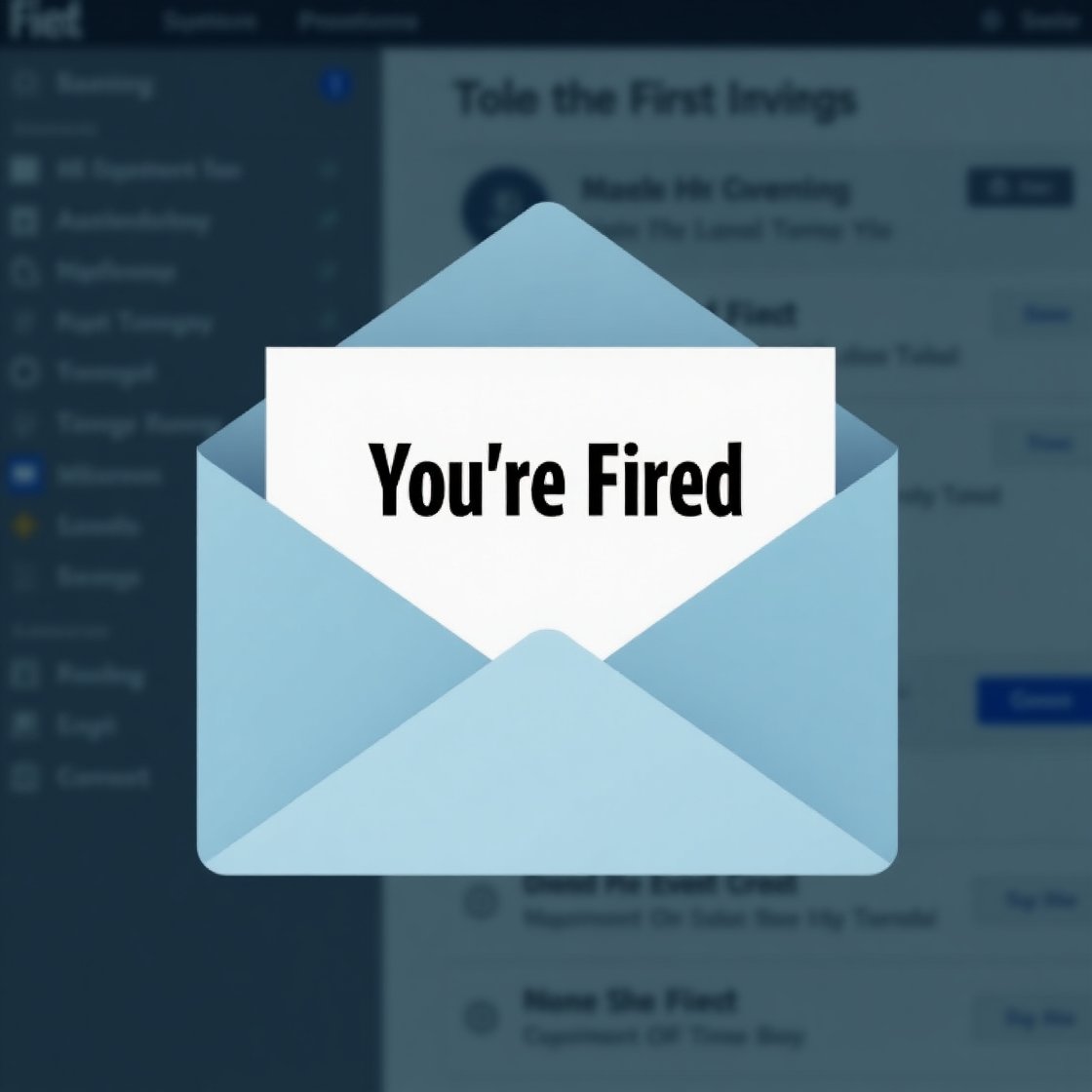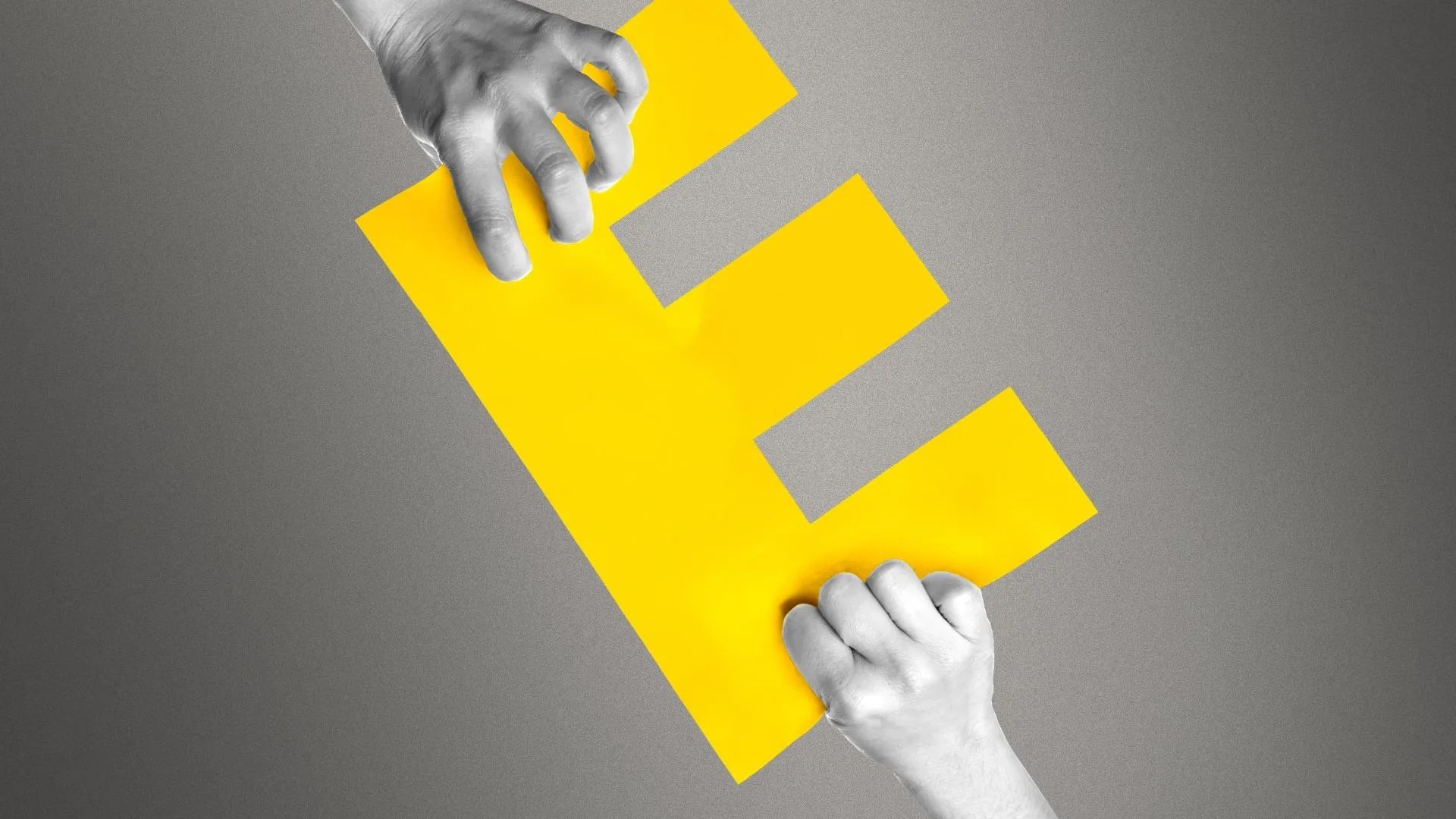A digital illustration of an email notification with the bold subject line "You're Fired" displayed on a white sheet emerging from an open blue envelope. The background shows a blurred email inbox interface with unread messages, reinforcing the theme of job termination or layoffs.
It’s Valentine’s Day. A day for love and connection. But instead of unwinding, I’m fuming.
Because once again, disabled federal employees are being treated as disposable.
Last night, reports by The Washington Post, The New York Times and others confirmed what many of us feared: the Trump administration has escalated mass federal layoffs, targeting probationary employees first—including those hired under Schedule A, the federal hiring program for workers with disabilities.
It’s infuriating. It’s discriminatory. And it’s completely predictable.
For those unfamiliar, Schedule A is not a handout. It’s a hiring path for people with disabilities that requires extensive documentation, qualifications, and agency approval.
But here’s the kicker: while most new federal employees serve a one-year probationary period, Schedule A employees must prove themselves for two years. The justification? That disabled workers need extra assessment to determine if they "belong" in public service.
It’s blatant discrimination baked into policy.
And now, those extended probationary periods have made Schedule A employees an easy target for mass layoffs.
On Thursday, 200,000 probationary workers were put on notice. The U.S. Department of Veterans Affairs, U.S. Department of Education, and U.S. Small Business Administration were hit hard.
🔹 More than 1,000 VA employees—gone.
🔹 Entire teams at U.S. Office of Personnel Management (OPM) and SBA—fired overnight.
🔹 Education Department employees helping disabled students—cut loose.
These weren’t performance-based firings. No warnings. No due process. Just emails that never arrived and pre-recorded layoff videos.
This isn’t just about budget cuts. It’s part of a broader attack on disability inclusion in federal employment.
This administration has already gone after:
✅ Remote work policies (which help disabled workers)
✅ Diversity, Equity, and Inclusion initiatives
✅ Reasonable accommodations (now “under review” by some agencies)
The pattern is clear. They don’t want us here.
What Needs to Happen Next?
🔹 Share this post. Get the word out.
🔹 Contact your representatives. Demand oversight.
🔹 Support federal worker unions. AFGE is fighting back—help them.
🔹 Push for Schedule A reform. The two-year probation rule is discriminatory and unjust.
People with disabilities fought for decades to secure a place in the federal workforce. We’ve been overlooked, underestimated, and discarded at every turn.
And now, we’re being purged again—just because we were the easiest to cut loose.
If we stay silent, this will happen again.
And next time, it might be worse.





